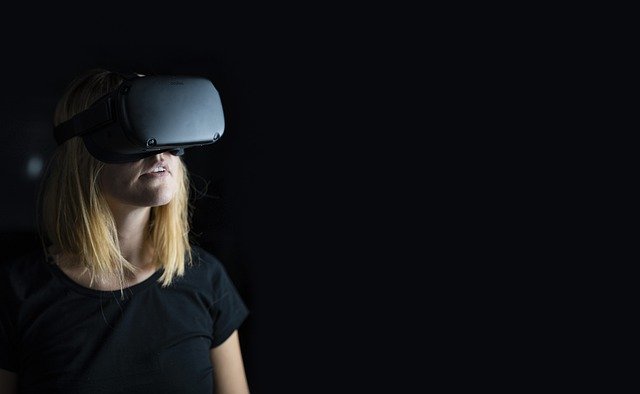Author of the article:
Article content
THE CONVERSATION
This article was originally published on The Conversation, an independent and nonprofit source of news, analysis and commentary from academic experts. Disclosure information is available on the original site.
——
Author: Katerina Stepanova, PhD Candidate and Lecturer in Interactive Arts and Technology, Simon Fraser University
It takes seven months to get to Mars in an efficiently engineered spaceship, covering the distance of 480 million kilometres. On this journey, a crew would have to survive in a confined space with no opportunity to experience nature or interact with new people. It is easy to imagine how this much isolation could have a severe impact on the crew’s well-being and productivity.
Advertisement
This advertisement has not loaded yet, but your article continues below.
Article content
The challenges long-duration space travellers experience are not foreign to regular folk, although to a lesser degree. Many Canadians experience isolation and loneliness, at least occasionally.
The loneliness epidemic could be alleviated by an unlikely marriage between space research, virtual reality (VR) and the science of self-transcendent experiences.
COVID-19 lockdowns have created an environment for the largest isolation study in research history. Stay-at-home orders have stopped us from meeting other people and experiencing nature, which has increased rates of loneliness and depression.
Feeling lonely and isolated are associated with a wide range of negative consequences for our well-being, physical and cognitive health. The feeling of connection is crucially important for a happy, healthy and meaningful life.
Advertisement
This advertisement has not loaded yet, but your article continues below.
Article content
Simulated isolation
Given the risks associated with isolation, space agencies conduct large-scale simulation studies to investigate and mitigate these effects. SIRIUS (Scientific International Research in Unique Terrestrial Station) is a series of on-land isolation experiments simulating long-term spaceflight.
It is safer and cheaper to perform on-land simulations to assess the effects of isolation on the crew. This also allows space agencies to test the effectiveness of potential solutions that can support the physical and mental health of crew during a long-duration space-flights, such as a trip to Mars.
SIRIUS-21 is an eight-month isolation study in Moscow that begins on Nov. 4, 2021. A multinational crew of six people will go into a special facility, called NEK, modelling a spacecraft that was built in the 1960s and stay in there for 240 days, partaking in 70 experiments prepared by international research teams.
Advertisement
This advertisement has not loaded yet, but your article continues below.
Article content
To explore opportunities for supporting future astronauts on their extraplanetary journeys, iSpace Lab at Simon Fraser University collaborated with a research group at Universitätsmedizin Charite in Berlin to create a VR experience designed to elicit feelings of connection.
Experiences beyond …….

